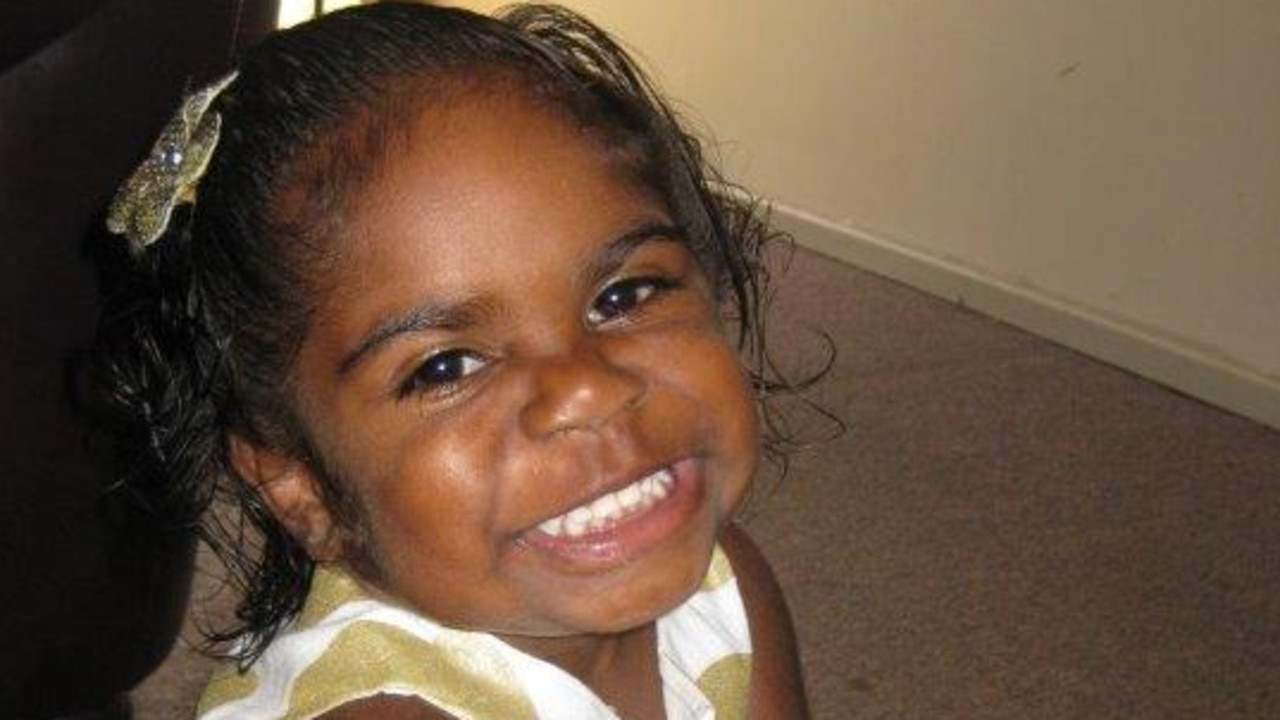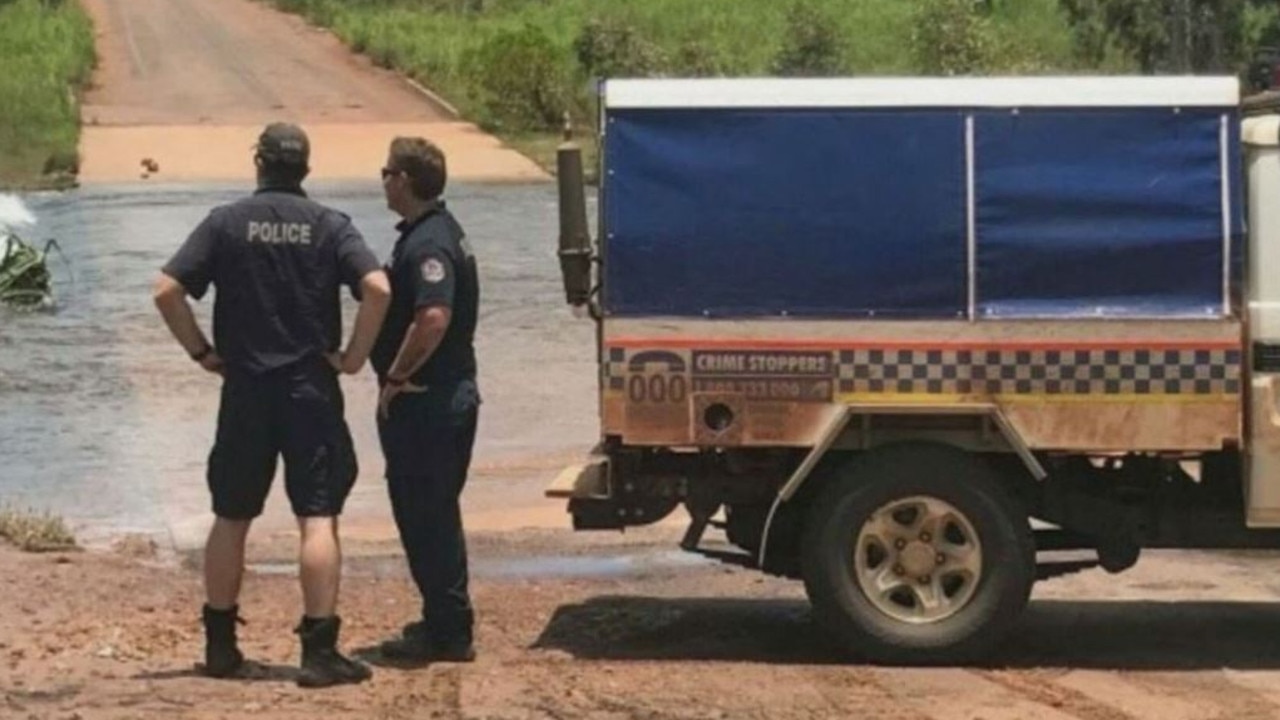Pope takes Uluru statement to heart in Vatican meeting
The Pope has accepted the Uluru Statement from the Heart at St Peter’s Square in Rome after a meeting with Australia’s ambassador to the Holy See, Chiara Porro.
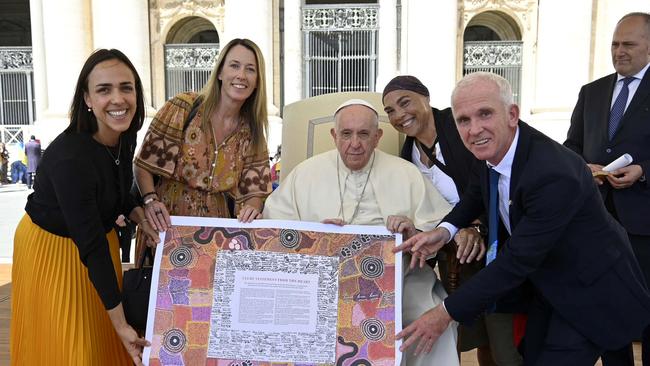
The Pope has accepted the Uluru Statement from the Heart at St Peter’s Square in Rome, offering the endorsement of a photograph with the document after a briefing from aides and a meeting with Australia’s ambassador to the Holy See, Chiara Porro.
Gweagal woman Theresa Ardler presented a copy of the Uluru statement to the Pope during a 15-minute meeting last Wednesday.
Ms Porro arranged for Ms Ardler to meet the pontiff and attended as an interpreter.
“Chiara has spoken to him a lot about our people and our causes,” Ms Ardler said.
“It was an honour for me as a First Nations Australian to give the Holy Father the Uluru statement. He really supports it.”
Ms Ardler, whose traditional lands include Botany Bay, was in Italy to speak at an event at Australian Catholic University’s Rome campus.
She is a Catholic and a campaigner for a constitutionally enshrined Indigenous voice to the Australian parliament as described in the Uluru statement.
About 250 Indigenous delegates from across Australia released the statement on May 26, 2017, after gathering at Uluru as community representatives. Delegates read out what their community had asked for, then the joint statement was refined over three days.
Ms Ardler said the Pope’s warm response felt like a big milestone for the Uluru statement. He used both his hands to hold Ms Ardler’s right arm then her right hand as Ms Porro conveyed her words.
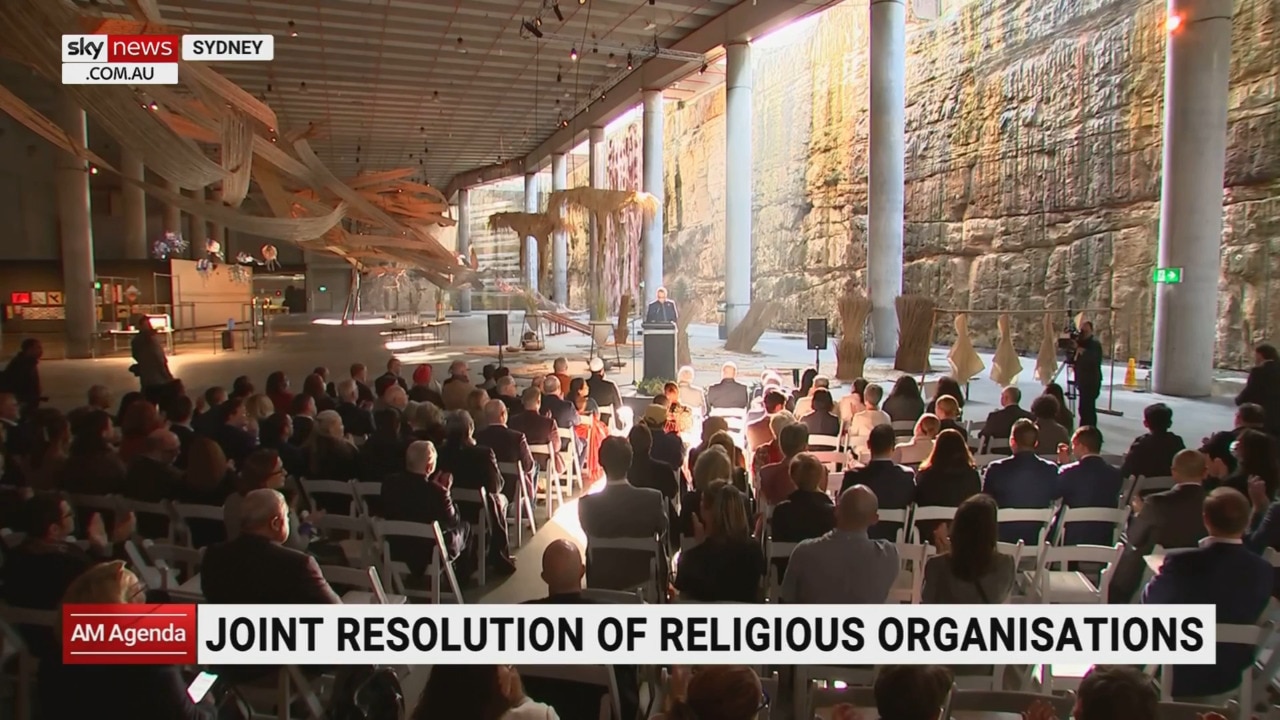
At the end of the meeting, Ms Ardler said the Pope chose to hold the Uluru statement for a group photo. The Pope’s meeting with Ms Ardler took place as the leaders of every major faith in Australia prepared to release a joint resolution in favour of a referendum on the question of whether to establish an Indigenous advisory body to parliament and give it constitutional protection. The Albanese government went to the election promising to do this.
Ms Ardler is a director of Uphold & Recognise, an organisation founded by Liberal MP Julian Leeser and lawyer Damien Freeman. It is committed to upholding the Australian Constitution and the substantive recognition of Indigenous Australians.
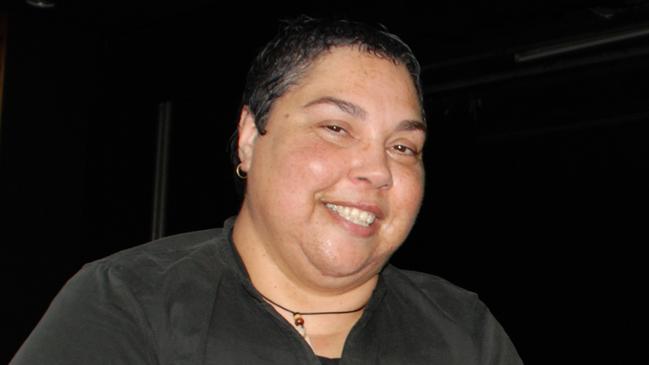
On Sunday, Uphold & Recognise chairman Sean Gordon praised the “pragmatic” approach of incoming Indigenous Australians minister Linda Burney, who has said there was work to do to build a consensus Australia-wide before Australians voted. For a referendum to succeed, a majority of Australians in a majority of states must vote yes. Mr Gordon said over the past five years, his organisation had “done a lot of work slowly bringing people onboard … I think a large part of Australia is ready but I don’t think we’ve done enough work right now to convince all of Australia.
“We don’t want to go to a referendum and lose. If we go to a referendum and lose, I think it reflects badly on who we are as a country and the opportunity to take this issue to a referendum again may never occur. It may never happen.”
Some proponents of an enshrined voice do not consider bipartisanship necessary for a referendum to succeed. Their argument is based on a belief that Australians will make their own choice about whether to vote yes and do not wish to be told by any political party.
However, Mr Gordon said if the Greens or the Coalition decided not to support a referendum on the voice, “it will help those that want to run a ‘no’ campaign”.
This was undesirable, given how historically difficult it was to win a referendum, he noted. In Australia, there have been 44 referenda and only eight have been successful. “We really don’t want a ‘no’ campaign against this because it is easier to argue a case for no than it is to argue a case for yes,” Mr Gordon said. He said it was not as unlikely as some might think for the Coalition to support a referendum on the voice.
While the Coalition never committed to constitutional enshrinement under former prime minister Scott Morrison, it did believe an Indigenous voice was necessary. The Morrison government oversaw substantial work to design what the voice would look like.
A final report accepted by the government recommended an Indigenous voice to both government and parliament that would provide non-binding advice with no power of veto.
Mr Gordon said the Coalition’s likely new leader, Peter Dutton, had “a tough image, but somewhere within his make-up he felt it important to vote yes to same-sex marriage”.
“So that gives me hope that Mr Dutton can be convinced that this path we are proposing for Indigenous recognition is the right path,” Mr Gordon said.





